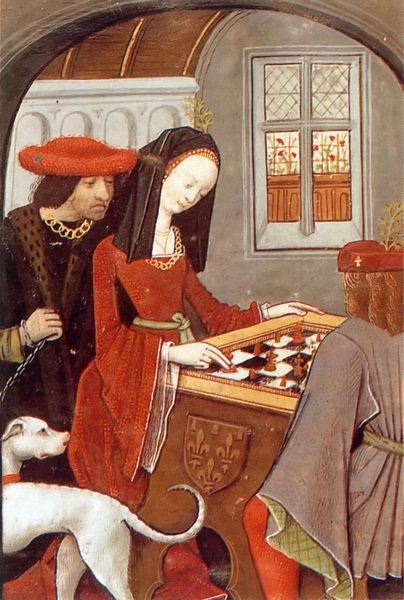THE LOST DAUGHTER by Gill Paul (William Morrow 2019) is a richly textured, emotionally resonant novel that transforms a tantalizing historical "what if" question into a riveting journey of self-discovery and healing. A dual timeline narrative, THE LOST DAUGHTER structures itself around two premises: that Maria Nikolaevna, the nineteen year-old daughter of Tsar Nicholas II, survives the horrific execution of her family in 1918, and that, fifty years later in Australia, a young woman of Russian-Chinese descent inherits mysterious items that, she will eventually discover, belonged to Maria at the time of her execution. Two stories unfold: one told from the perspective of Maria as she builds a new, anonymous life in post-tsarist Russia, and the other from that of Val Scott, a young mother determined to escape her abusive marriage and create a future for herself and her daughter. Val's surly and taciturn father, Russian emigré Irwin Scott, links the two narrative threads together. As Val works to identify the strange objects and uncaptioned photographs her father stashed in a safety deposit box, she slowly uncovers the mystery of his checkered past. Her quest to understand what he'd always hidden from her frees her from pain and blame and opens the way to a future she'd never before imagined.
The novel's strength lies in its sympathetic depiction of two women struggling to triumph over the violence and misfortune in their lives. Maria and Val follow reverse, yet complimentary, trajectories. One of the last Tsar's several daughters, Maria lives a life of luxury and familial affection until the Bolshevik Revolution robs her of her wealth and security. Violence tears her from the heart of her family and thrusts her into a life of poverty and complete dependence on the charity and reticence of strangers. Val, on the other hand, has enjoyed little security in her life. Raised by a cold and distant father after the unexplained disappearance of her mother, she finds herself bullied and physically abused by her controlling husband. To protect her young daughter, Val must escape her marriage and begin anew with few skills and little money. Whereas Maria, in order to construct a safe future for herself and her children, must completely and utterly renounce her past, Val can only establish a secure life for herself and her daughter by piecing together the mysterious fragments of her parents' stories and claiming their past as her own. Both woman painfully learn how the past, in unlikely ways, intrudes on the present and shapes it in ways not foreseen. Ultimately, both discover that the sole remedy to the chaos that threatens to engulf them is devotion to those they love.
Readers of historical fiction will savor the wide swath of well-researched Russian history, both tsarist and communist, that Paul presents with convincing detail. (The chapters set during the Siege of Lenigrad are particularly moving.) Readers of contempory women's fiction will appreciate the protagonists' courage and resourcefulness as they struggle to overcome challenges. Both readers will relish the novel's emotional insight and poignancy. THE LOST DAUGHTER supremely illustrates the power of a dual narrative to draw the modern reader into dialogue with the past. As a new Russia emerges from the ruins of the old, Gill Paul's two protagonists rise from the rubble of personal destruction in a twisty and ultimately satisfying quest for identity and self-determination.
*****
 Gill Paul’s historical novels have reached the top of the USA Today, Toronto Globe & Mail and UK kindle charts, and been translated into twenty languages. She specializes in relatively recent history, mostly 20th century, and enjoys re-evaluating real historical characters and trying to get inside their heads.
Gill Paul’s historical novels have reached the top of the USA Today, Toronto Globe & Mail and UK kindle charts, and been translated into twenty languages. She specializes in relatively recent history, mostly 20th century, and enjoys re-evaluating real historical characters and trying to get inside their heads.
Gill also writes historical non-fiction, including A History of Medicine in 50 Objects and series of Love Stories. Published around the world, this series includes Royal Love Stories, World War I Love Stories and Titanic Love Stories.
Gill was born in Scotland and grew up there, apart from an eventful year at school in the US when she was ten. She studied Medicine at Glasgow University, then English Literature and History (she was a student for a long time), before moving to London to work in publishing. Her first novel was written at weekends, but she has now given up the ‘day job’ to write fiction full-time. She also writes short stories for magazines and speaks at libraries and literary festivals about subjects ranging from the British royal family to the Romanovs, and about writing itself.
Gill swims year-round in an open-air pond – “It’s good for you so long as it doesn’t kill you”– and loves travelling whenever and wherever she can.
To learn more about Gill Paul and her books, visit her website.






























